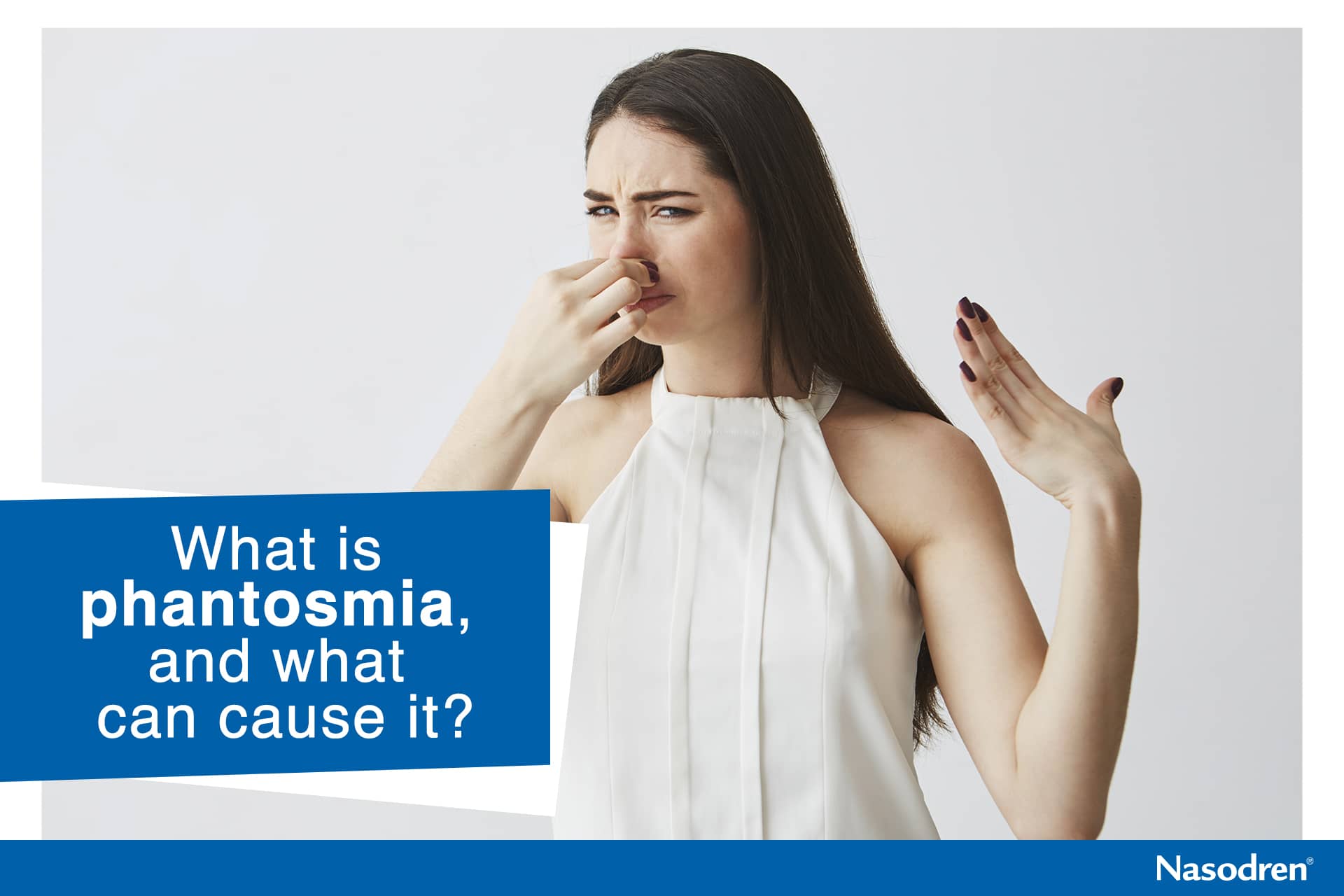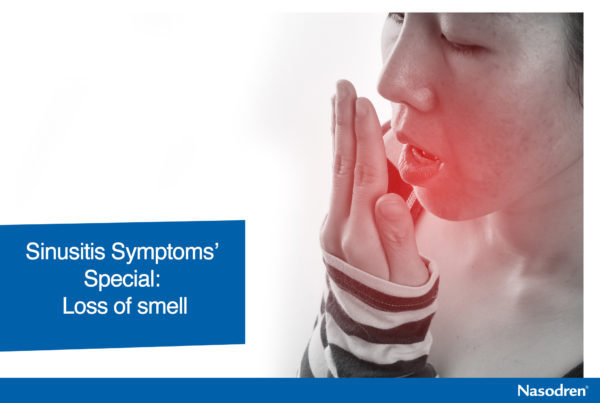What is phantosmia?
Phantosmia is an olfactory dysfunction that causes the sufferer to perceive odours that others do not notice. In other words, they are a kind of olfactory “hallucination.”
The type of odour perceived is usually unpleasant, such as rotting chemicals or stagnant water.
What Causes Phantosmia?
Causes described as triggers for phantosmia include:
- Head injuries
- Sinusitis
- COVID-19
- Seizures in the temporal lobe of the brain
- Parkinson’s disease
Is phantosmia serious?
Regardless of the cause, phantosmia leads to a poor quality of life, since it affects mood and can cause depression, loss of appetite, and weight loss.
This alteration of smell can also make it impossible to perceive smells of substances that are harmful to health, such as a gas leak.
People who use their sense of smell as a work tool (perfumers, winemakers, cooks, etc.), suffer from an olfactory disorder that has a dramatic impact on their working life.
Sometimes people think that the bad smell is coming from themselves. These people may even wash themselves repeatedly without the bad smell disappearing and end up developing paranoia (appearance of fixed, obsessive, and absurd ideas, based on false or unfounded facts).
How is phantosmia treated?
When an olfactory disorder appears, especially when the possible cause is not known, a malignant or neurodegenerative disease must first be ruled out, since this alteration of the sense of smell can be the first symptom of these pathologies.
Obviously, when the cause is known, the first step is treatment.
Broadly speaking, there are 2 treatment options for phantosmia: medical treatment and surgery (excision of the olfactory mucosa).
Medical treatment includes antipsychotic, antimigraine, and anticonvulsant medications, transcranial stimulation, and topical application of cocaine.
Unfortunately, despite much research, there is still a paucity of data and a lack of consensus on the optimal treatment for this difficult disorder.
As previously mentioned, one of the causes of phantosmia is sinusitis. In this case, the treatment is to eliminate the accumulated mucus in the paranasal sinuses. This is exactly what Nasodren does.
Nasodren is a 100% natural product that has a unique and dual physiological mechanism of action. Nasodren acts both at the level of the nasal fossa and the paranasal sinuses, unlike other products for sinusitis that only act at the level of the nasal mucosa. Nasodren removes retained mucus both in the nostril and in the paranasal sinuses, relieving all symptoms of sinusitis from the first application









